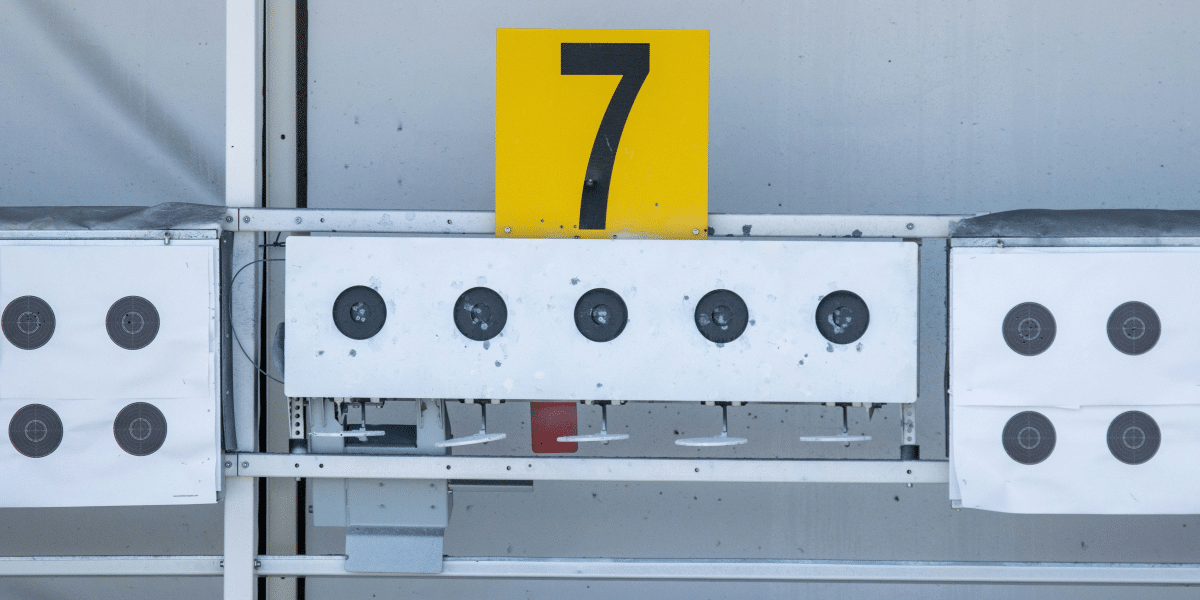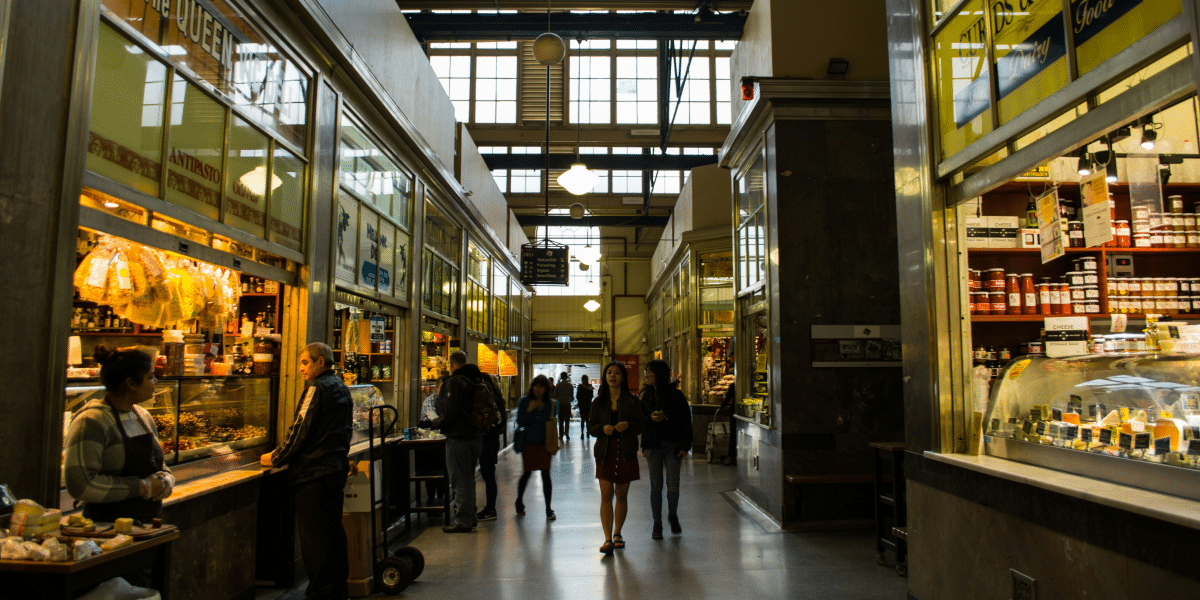What’s Driving Up Ticket Costs?
The surge in ticket prices is fueled by multiple factors, many of which reflect changes in the modern music industry.
A significant driver is the shift in how artists earn revenue. As physical album sales declined and streaming services became the norm, live performances emerged as the primary income source for musicians. Tours now involve elaborate productions with high costs for staging, lighting, sound systems, and visual effects. These heightened expenses often lead to higher ticket prices.
Ticketing platforms have also introduced dynamic pricing models, which adjust prices based on demand. This strategy, designed to deter scalpers, often results in steeper costs for fans, especially for high-demand shows. Additional service fees and surcharges further inflate prices, making what seems like an affordable ticket at first glance significantly more expensive at checkout.
The secondary market adds another layer of complexity. Platforms like StubHub allow resellers to mark up tickets, sometimes doubling or tripling their face value. This practice not only benefits scalpers but also limits access for fans with smaller budgets, creating a frustrating environment for concertgoers.
Are Artists to Blame for High Ticket Prices?
The assumption that artists directly control ticket prices is misleading. Pricing decisions often involve a network of promoters, venues, and ticketing companies. While some artists defend dynamic pricing as a reflection of demand, others have criticized it for its lack of transparency.
For instance, artists like Bruce Springsteen have defended these practices, stating that they reflect what the market is willing to pay. On the other hand, performers such as Taylor Swift have highlighted the frustration fans face when ticket prices spiral out of control.
Artists also have varying levels of influence over pricing strategies. While some advocate for affordable ticketing options, their ability to enforce such measures is often limited by contracts with promoters or venues. Despite this, some performers actively work to curb scalping or allocate lower-cost tickets to ensure accessibility for fans.
How Do Ticketing Platforms Influence Pricing?
Ticketing platforms play a major role in the pricing puzzle. The use of dynamic pricing is one of the most debated aspects, allowing prices to fluctuate based on demand. While this system aims to reduce scalping, it often leaves fans paying more if they delay their purchase. A ticket priced at $50 during its initial release can skyrocket to $100 or more as demand increases.
Service fees further exacerbate the problem. These fees, often disclosed only at the final stage of checkout, can account for 20% or more of a ticket’s cost. They cover processing, platform usage, and delivery but are a frequent source of frustration for fans who feel misled by the lack of upfront pricing transparency.
Resale platforms compound the issue. While they allow fans to access sold-out shows, they also encourage price inflation. Some tickets are listed at two or three times their original value, making it increasingly difficult for everyday concertgoers to afford attendance.
Finding a Balance in the Concert Economy
As ticket prices continue to rise, the challenge for the music industry is to balance affordability with profitability. Fans, artists, and ticketing companies all play a role in navigating this landscape. For fans, staying informed, planning purchases, and exploring presales or alternative venues can help offset costs. For the industry, increasing transparency and advocating for fair pricing practices are essential steps toward keeping concerts accessible.
Ultimately, live music remains a powerful experience, bringing people together in ways few other events can. With a bit of preparation and awareness, fans can still enjoy these moments without breaking the bank.





